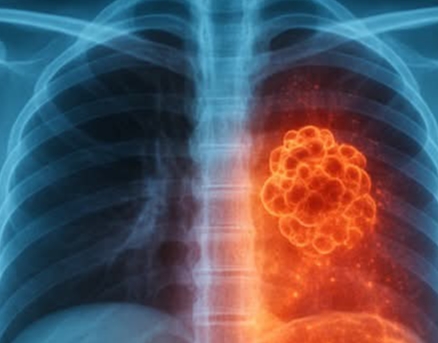We often focus on what we eat, but what we drink can have just as much—if not more—impact on our health. Beverages are easily consumed in large quantities and can contribute to:Blood sugar spikesDigestive discomfortDehydrationWeight gainIncreased risk for chronic conditions (if consumed regularly in excess)Barbara O’Neill, known for her holistic health approach, encourages people to return to nature—favoring water, herbal teas, and nourishing broths over modern, processed drinks. While some of her views are debated, many align with current research-backed recommendations.Here are five common drinks you may want to rethink.1. Sugary Soft DrinksSoda is one of the most widely consumed beverages in the U.S., but it’s also one of the most heavily studied—and not for good reasons.Barbara O’Neill often points out that sugary drinks are a hidden source of daily sugar overload. Even just one can of regular soda can contain 8–10 teaspoons of sugar.Research suggests:Regular consumption of sugar-sweetened beverages is linked to an increased risk of type 2 diabetes, heart disease, and obesity (Harvard T.H. Chan School of Public Health).Sugary drinks may also increase inflammation in the body and impact energy levels.Better options:Infused water with lemon or mintUnsweetened iced herbal teaSparkling water with a splash of juice2. Energy DrinksWith their bold labels and promises of power and focus, energy drinks can be tempting—especially during a long day. But Barbara O’Neill and many medical experts warn that the combination of high caffeine and synthetic additives can put unnecessary strain on your body.Did you know?A 12-ounce glass of orange juice can have as much sugar as a can of sodaEven “100% juice” can cause blood sugar spikes when consumed in large amountsWebMD advises moderation when it comes to fruit juice, especially for those managing weight or blood sugar levels.Smarter alternatives:Fresh whole fruit with waterDilute juice with water (50/50)Homemade smoothies with vegetables and a small amount of fruit4. Flavored Coffee BeveragesYour morning latte might be more of a dessert than a drink. Many flavored coffees from cafés or bottled brands contain high amounts of sugar, cream, and syrups.Barbara O’Neill recommends drinking coffee in moderation—and without the sugary extras. While black coffee itself has health potential (such as antioxidants), added flavorings can undermine its benefits.What to watch out for:Some seasonal drinks can top 400–500 caloriesAdded sweeteners like caramel syrup, flavored creams, or whipped toppingsWhat to try instead:Black coffee with cinnamon or vanilla extractCoffee with unsweetened almond or oat milkHerbal coffee alternatives (e.g., chicory root drinks)5. Artificially Sweetened Diet DrinksSwapping sugar for artificial sweeteners might seem like a healthier choice, but long-term effects are still under study. Barbara O’Neill is especially cautious about synthetic additives, including those found in diet sodas and “zero-calorie” beverages.Some research suggests:Artificial sweeteners may alter gut bacteriaThey could potentially increase sugar cravingsThey may interfere with blood sugar regulation in some individuals (Harvard Health)If you’re trying to reduce sugar, try:Naturally flavored sparkling waterCold herbal teas (like hibiscus or rooibos)Coconut water (in moderation, and without added sugar)What Should You Drink Instead?To support hydration, digestion, and energy naturally, prioritize these beverages in your daily routine:Water – Always a top choice for hydrationHerbal teas – Chamomile, peppermint, or ginger are gentle and beneficialBroths – Especially mineral-rich vegetable or bone brothsGreen smoothies – When balanced with fiber and proteinYour drink choices can either quietly build your health or chip away at it over time. Being mindful of what’s in your cup is a simple but powerful step toward wellness.Final ThoughtsYou don’t need to give up every drink you enjoy—but awareness is key. Barbara O’Neill’s recommendations highlight the importance of going back to basics: hydration from nature, not the lab.By reducing or avoiding high-sugar, high-caffeine, and highly processed drinks, you can support better digestion, steadier energy, and long-term health. Start by replacing one questionable beverage a day with something lighter and more nourishing—and see how your body responds.Have a favorite healthy drink tip? Comment below and let us know!Found this article helpful? Share it with a friend who’s always got a drink in hand!*Disclaimer: This article is for informational purposes only and does not substitute professional medical advice. Consult your doctor before making health changes
The 5 ‘Healthy’ Drinks That Might Not Be So Healthy After All
